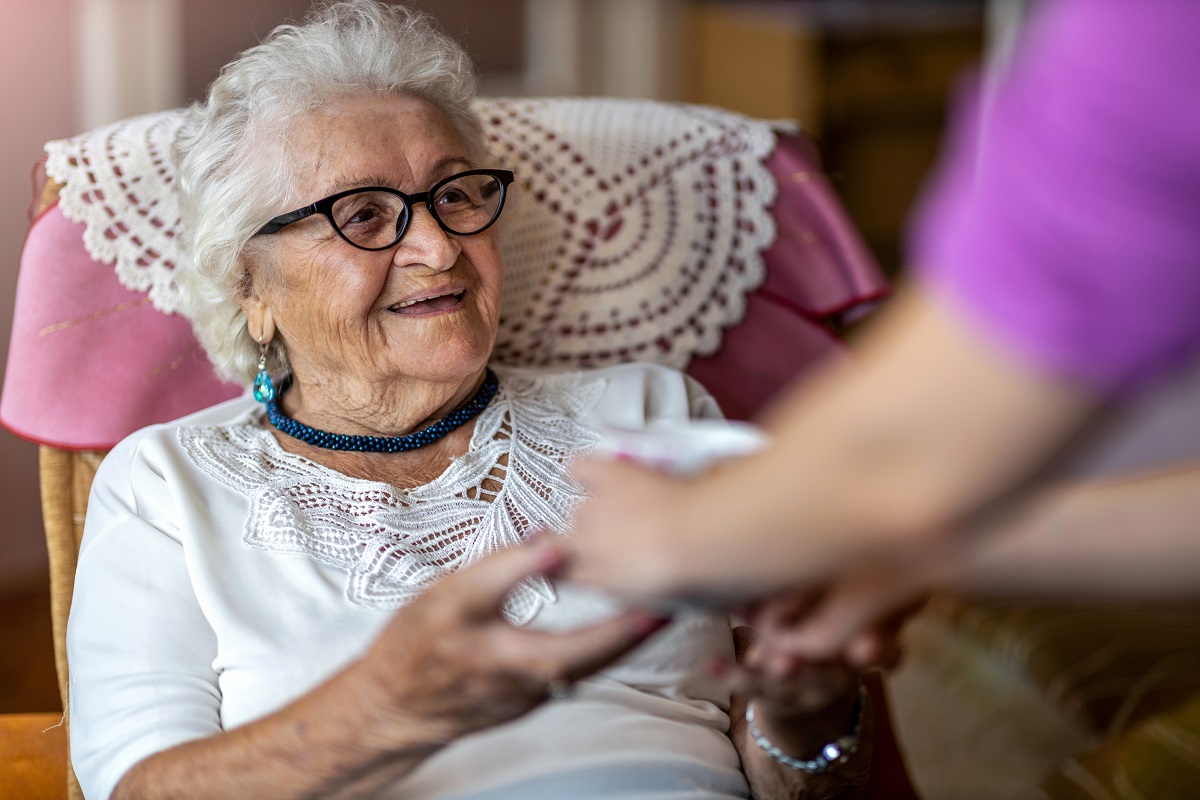As the coronavirus pandemic takes hold, the Government’s actions to delay the spread of the virus are becoming more stringent. On Monday, the Prime Minister announced a a set of precautions described as ‘social distancing‘ which everyone is advised to comply with for their own protection and the protection of others.
The guidance is especially important for older people aged over 70 years, people with underlying health conditions and pregnant women, since these groups are particularly vulnerable to developing complications if they contract the virus.
This has prompted many questions from the dementia community, particularly from family carers who have concerns about how they can continue to provide care for their relatives.
So, what does ‘social distancing’ actually mean? And how is it different from ‘self-isolation’?
Social distancing is about avoiding non-essential contact with other people and creating physical space (a minimum of 2 metres) between you and other people to reduce the risk of cross-infection.
The guidance includes:
- Avoiding use of public transport unless it is essential
- Avoiding gatherings in public places
- Avoiding personal contact with friends and family
People are being encouraged to keep in touch with family members using remote technology such as telephone, internet and social media and to use telephone or online platforms to contact health and social care services.
Social distancing is recommended for everyone. These measures are particularly important for people with greater vulnerability – older people over 70 years of age, people with underlying health conditions and pregnant women.
Self-isolation means not having personal face-to-face contact with anyone one.
People who are self-isolating can walk outside alone and spend time in the garden or the park or the countryside. Continuing to take exercise is extremely important and being in an open space poses minimal risk, so long as in-person interaction is avoided.
The circumstances in which someone would need to self-isolate are:
- If they have symptoms of COVID-19 – a high temperature/fever, a new continuous cough, shortness of breath – or if they have a confirmed diagnosis
- If they have been in recent contact with someone who has COVID-19 or symptoms that would suggest that they might have the illness
For most people with dementia, complying with social distancing recommendations is difficult; and complete self-isolation is even more challenging. Many people with dementia who live at home on their own need care and support. If carers routinely provide help in the home, and personal care, this will need to continue. And if you are the primary carer for a relative living with you at home, the concept of social distancing will feel very strange indeed.
The restrictions on people’s movements, and recommendations on social distancing and self-isolation, are to prevent cross-infection and slow down the spread of coronavirus. Everyone needs to comply for this strategy to be successful.
For many people who contract the virus, the symptoms will be mild, and they will recover quickly. But for some people, the consequences of COVID-19 will be extremely serious, even fatal. The Government’s Chief Scientific Adviser, Sir Patrick Vallance, said this week that if the number of coronavirus related deaths could be kept to below 20,000, this would be a “good outcome”, albeit that this would still be “horrible” and “an enormous pressure on the health service”.
It is understandable that people are finding it hard to keep up with the rapidly changing picture and struggling to interpret the UK’s public health advice as it applies to their situation.
In the coming days and weeks, we will be publishing further articles providing advice, tips and suggestions for how to cope with the extraordinary challenges the coronavirus pandemic has brought upon us. If you have experiences to share, please do get in touch.
I am happy to respond to questions and address worries people may have, you can get in touch with me at: barbara@livebetterwith.com Please bear with me if you do not hear back immediately. I will reply to every email I receive.
SHARE
Explore more




